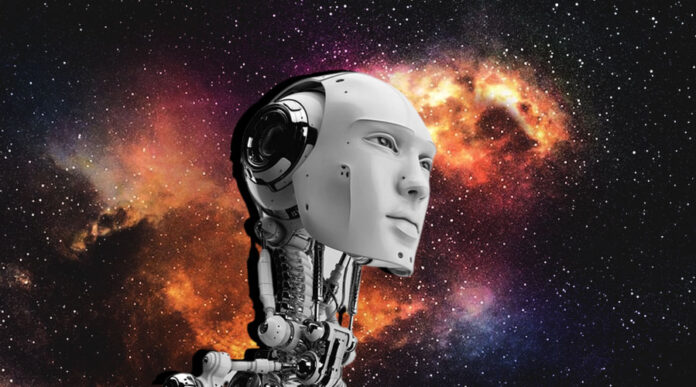The exploration of space has always been one of the most fascinating and challenging endeavors in human history. From the first manned moon landing in 1969 to the recent Mars Perseverance rover mission, humans have pushed the boundaries of space exploration through technology and innovation. However, as we venture further into space, the challenges become more complex and the need for advanced technology becomes increasingly important. Artificial Intelligence (AI) has the potential to revolutionize space exploration and research by providing advanced data analysis, autonomous decision-making, and enabling us to explore more of the universe than ever before.
One of the key advantages of AI in space exploration is its ability to analyze large amounts of data quickly and accurately. Space exploration generates an enormous amount of data, from images of distant galaxies to telemetry data from spacecraft. This data can be overwhelming for humans to process and analyze, but AI can help us make sense of it. Machine learning algorithms can identify patterns and anomalies in data, allowing us to make discoveries and insights that would be impossible with human analysis alone. For example, NASA’s Kepler mission used machine learning algorithms to analyze data from the spacecraft’s telescope and discover new exoplanets.
AI can also help make space exploration more efficient by enabling autonomous decision-making. This is particularly important when it comes to deep space missions where communication delays can make real-time decision-making impossible. Autonomous systems that use AI can make decisions based on pre-programmed rules and data analysis, allowing them to respond to changing conditions and make the most of limited resources. For example, NASA’s Mars Curiosity rover uses AI to make decisions about which rocks to study and which paths to take on its journey across the Martian surface.
AI also has the potential to enable us to explore more of the universe than ever before. One of the biggest challenges in space exploration is the distance and time it takes to travel to other planets and stars. With current technology, it would take thousands of years to reach the nearest star, Proxima Centauri. However, using AI-powered spacecraft, we could potentially travel faster and more efficiently. AI could be used to optimize spacecraft trajectories, develop new propulsion systems, and even enable interstellar communication.
In addition to exploration, AI also has the potential to revolutionize space research. AI algorithms can be used to simulate complex physical processes that are difficult or impossible to study in the lab. For example, AI-powered simulations can help us understand the behavior of stars, galaxies, and black holes. AI can also help us develop new materials and technologies for space exploration and habitation, such as lightweight materials and advanced life support systems.
Despite the potential benefits of AI in space exploration and research, there are also challenges that need to be addressed. One of the biggest challenges is ensuring the reliability and safety of AI systems. In space, there is little room for error, and any mistakes made by an AI system could have serious consequences. Additionally, there are ethical considerations around the use of AI in space exploration, particularly when it comes to issues such as privacy and the use of autonomous weapons.
In conclusion, AI has the potential to revolutionize space exploration and research by enabling us to analyze large amounts of data quickly and accurately, make autonomous decisions, and explore more of the universe than ever before. However, as with any new technology, there are also challenges that need to be addressed. With careful planning and consideration, AI could help us unlock the mysteries of the universe and take humanity to new heights of exploration and discovery.





